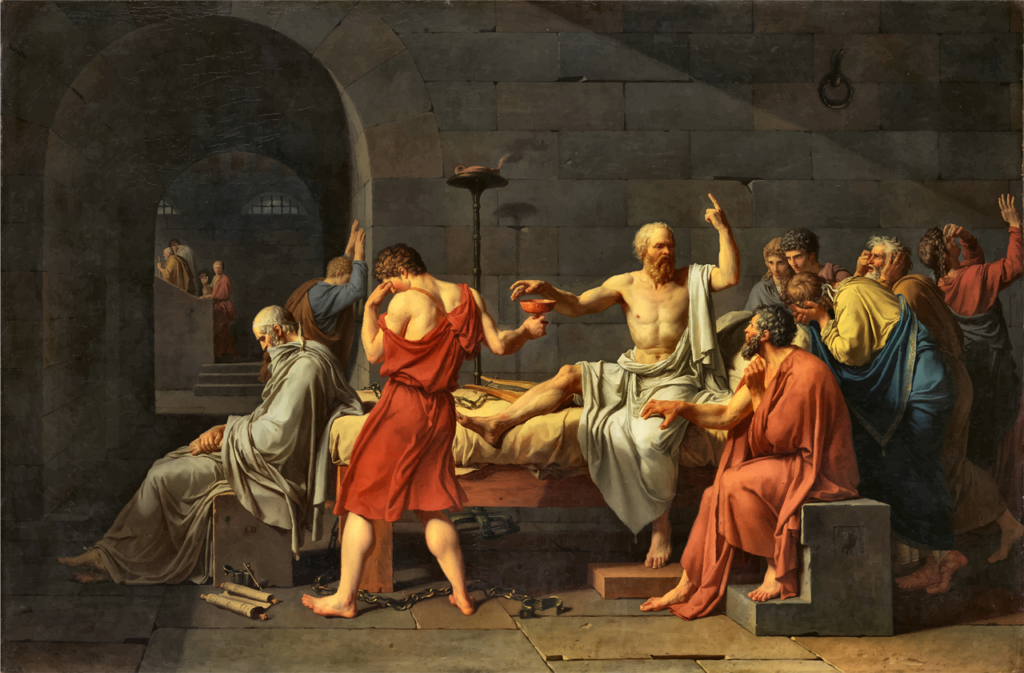Socrates, an ancient Greek philosopher, remains one of the most influential figures in Western philosophy despite leaving behind no written works of his own. Here are some key facts about him
- Birth and Early Life: Socrates was born circa 470 BCE in Athens, Greece. He belonged to a modest family and worked as a stonemason and sculptor before devoting himself to philosophy.
- Philosophical Method: Socrates is best known for his philosophical method, which involved engaging in dialogue and questioning to stimulate critical thinking and self-reflection. This method, known as the Socratic method or elenchus, became a central aspect of his teachings.
- Wisdom and Virtue: Socrates emphasized the importance of wisdom, self-knowledge, and moral virtue in leading a fulfilling life. He believed that true wisdom comes from recognizing one’s own ignorance and questioning deeply held beliefs.
- The Socratic Irony: Socrates often claimed that he knew nothing, a stance known as the Socratic irony. By professing his ignorance, he sought to encourage others to question their own assumptions and seek knowledge through inquiry.
- Trial and Death: Socrates’ philosophical teachings and questioning of established beliefs brought him into conflict with the Athenian authorities. In 399 BCE, he was charged with impiety and corrupting the youth of Athens. He was tried and sentenced to death by drinking hemlock, a poison.
- Platonic Dialogues: Socrates’ ideas and teachings are primarily known through the writings of his student Plato. Plato wrote numerous dialogues featuring Socrates as the central figure, exploring topics such as ethics, politics, and the nature of knowledge.
- Influence on Western Philosophy: Socrates’ emphasis on critical thinking, self-examination, and moral virtue has had a profound influence on Western philosophy. He is considered one of the founders of Western philosophy and is often regarded as the father of ethics.
- Eudaimonia: Central to Socrates’ philosophy was the concept of eudaimonia, which can be translated as “flourishing” or “human flourishing.” He believed that living a virtuous life in pursuit of wisdom and moral excellence leads to true happiness and fulfilment.
- Socratic Legacy: Despite his condemnation and execution, Socrates’ legacy endured through the works of his students, particularly Plato. His ideas continue to be studied and debated by philosophers, scholars, and students of philosophy to this day.
- Statue of Socrates: A bronze statue of Socrates stands in Athens, near the site of his trial and execution. The statue depicts Socrates sitting and holding a cup of hemlock, symbolizing his commitment to his principles and willingness to face death rather than compromise his beliefs.
